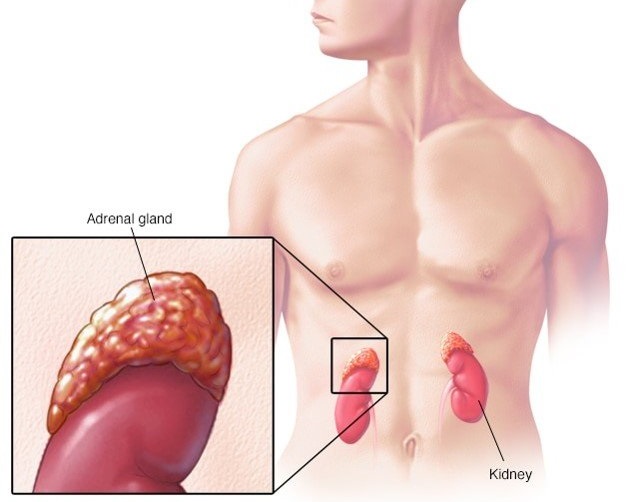How CAH Affects the Body
The adrenal glands, located above the kidneys, normally produce cortisol and aldosterone—two hormones critical for regulating stress response, blood pressure, and fluid balance. In CAH, mutations in certain genes interfere with hormone production, leading to:
-
Salt-wasting and dehydration due to low aldosterone
-
Excess androgen production, which may cause atypical sexual development
-
Early puberty and rapid growth in children
These disruptions show how crucial balanced hormone production is for overall health.
Early Testing and Diagnosis
In many countries, newborn screening programs help detect CAH within days after birth. Early recognition allows doctors to intervene quickly, preventing serious complications. For families, an early diagnosis also provides reassurance and guidance.
Treatment and Ongoing Care
CAH requires lifelong management. The cornerstone of treatment is hormone replacement therapy, carefully monitored and adjusted by healthcare providers. Regular follow-ups, lab testing, and open communication with doctors help ensure treatment remains effective over time.
Beyond Medical Care
Living with CAH involves more than just medicine—it’s also about emotional well-being. Support networks, counseling, and community awareness reduce stigma and provide encouragement for both patients and families.
Living Fully with CAH
Though CAH presents lifelong challenges, individuals can thrive with proper care. A proactive approach—early testing, consistent treatment, and strong family support—makes it possible for people with CAH to pursue healthy, fulfilling lives.

